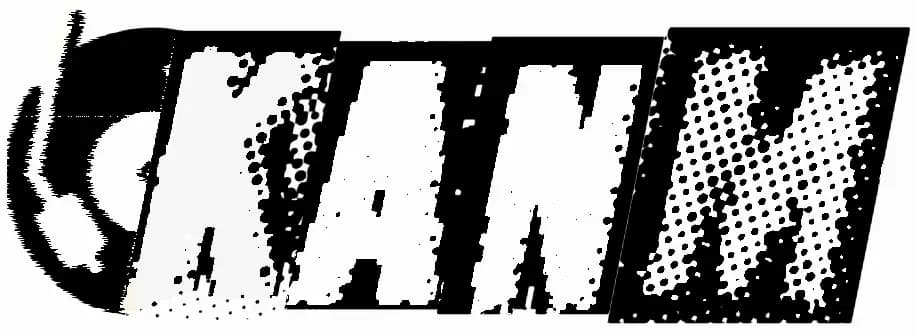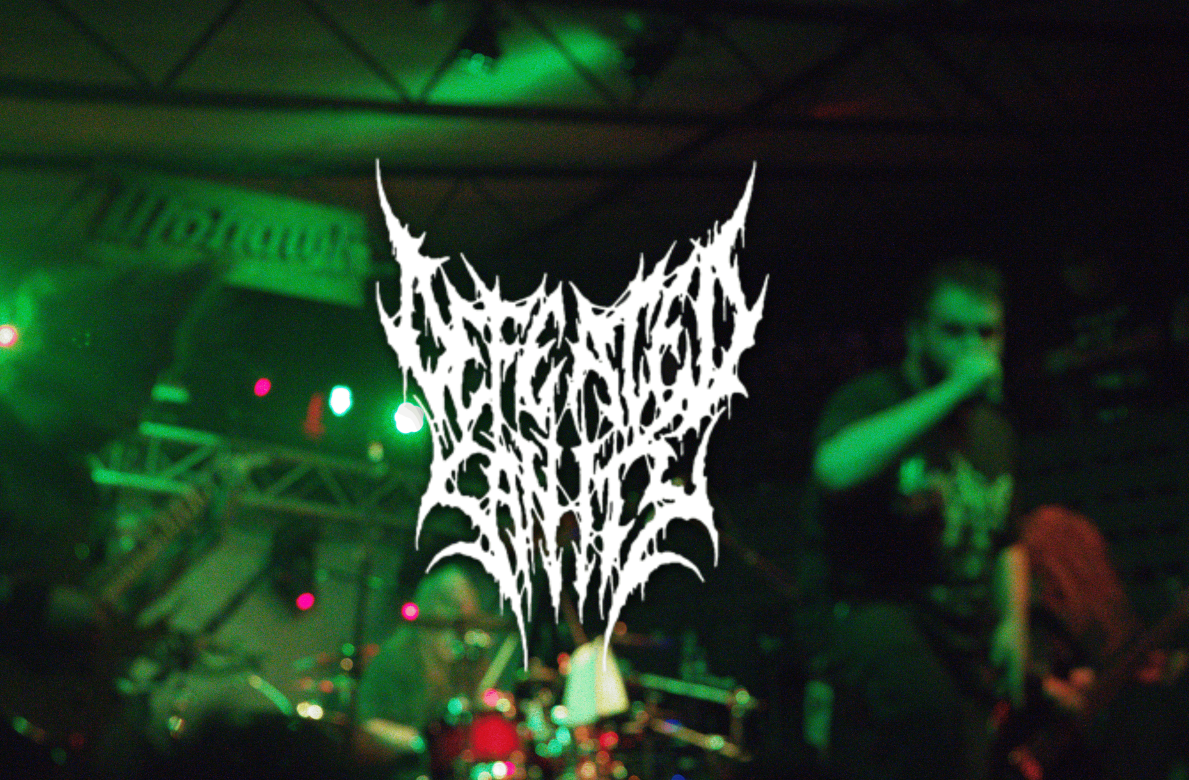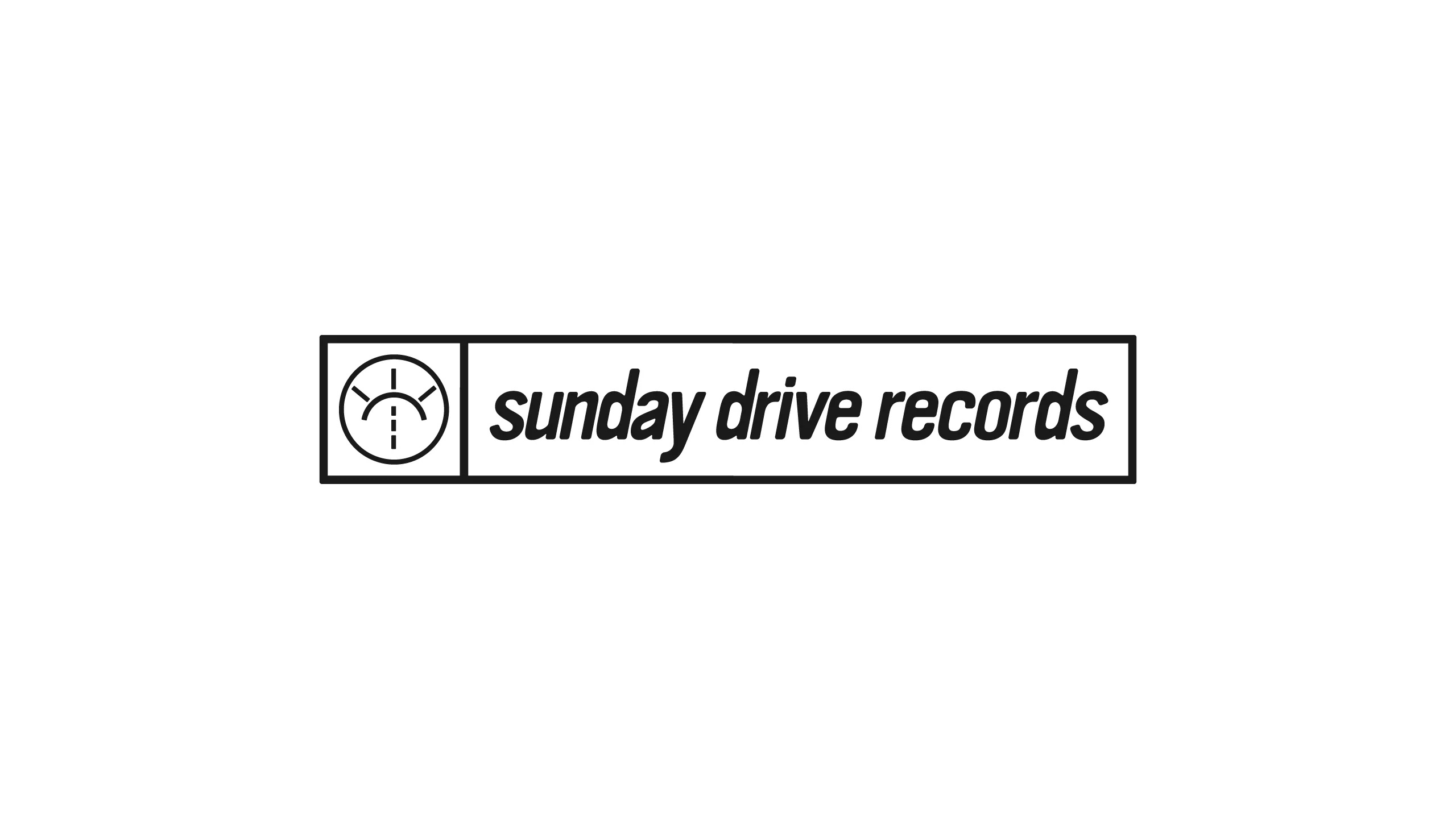Review: Anti-Flag's Mobilize
by Lela Miller
Before I begin this review, there is some important terminology and background I must explain. Punk rock, or simply punk, is a genre of music which started in the mid-70s. Purposefully, punk artists set themselves apart from the mainstream rock of the time by creating a very aggressive style of music - short, fast paced songs and harsh vocals were the norm in this “do it yourself” genre. Think “Blitzkrieg Bop” by the Ramones or “Anarchy in the U.K.” by the Sex Pistols.
Like any genre, punk was a product of its times and environment. “Born” in the era of...controversial Prime Minister Margaret Thatcher, the genre’s primarily British artists shaped it into a reflection of the political unrest in Britain and the greater U.K. As a result, punk is a very politically conscious genre with songs that often focus on left-wing views.
These political messages were taken to the extreme in the anarcho-punk subgenre. Like its origins, anarcho-punk’s music was aggressive and the vocals were harsh (and often challenging to understand), but the subgenre is distinctive in its handling of anarchism. While regular punk often referenced it for shock value or humor, anarchism was taken seriously in anarcho-punk. Starting in 1977, bands like Crass, Flux of Pink Indians, Conflict, and Chumbawamba created songs centered around supporting animal rights, labor rights, anti-corporatism (or just anti-capitalism), and anti-war. For classic examples, I recommend “Do They Owe Us a Living” by Crass, “Increase the Pressure” by Conflict, and “Rise Above” by Black Flag.
Now, we jump forwards (and continents) to the United States’ 1990s revival of punk. Thanks primarily to the efforts of Californian bands Green Day, the Offspring, NOFX, and Rancid, punk rock became a popular genre in America.
And just as these bands became popular, an anarcho-punk band from Pittsburgh, Pennsylvania named Anti-Flag was created in 1988. They are known for their extremely left-wing lyrics, which don’t look out of place with album titles like their first one, Die for the Government (1996), or The Terror State (2003) and The People Or the Gun (2009). Currently, the band is made-up of co-founders Justin Sane (singer/guitarist) and Pat Thetic (drummer), Chris Head (guitarist), and Chris Barker (known as Chris #2, singer/bassist).
When I first heard Anti-Flag, my main experience with punk music was Green Day - I certainly hadn’t listened to (or even heard of) anarcho-punk. So when I came across “The Disease,” a single off of Anti-Flag’s most recent album, 20/20 Vision (2020), I didn’t know what to expect. In its brief runtime of nearly three minutes, the lyrics, the vocals, the music - the overall sound, really - made me become enamoured with the band. I immediately listened through the rest of their 20/20 Vision album, and when I found it just as amazing as “The Disease,” I decided to listen through their entire discography from the beginning.
I’ll be honest: I was not a huge fan of the early Anti-Flag albums when I first experienced them; even now, there are only a few of the songs from these albums that I actually listen to. The music is simplistic, doesn’t have much variety, and is more similar to first-wave anarcho-punk (i.e. Crass and Subhumans) than the band's sound in later albums. As someone who was trying to find something similar to their future work, I was a bit disappointed. There were traces, especially with their 2001 album, Underground Network, but I felt like the overall messages were weak and hard to connect to.
And then I listened to their fourth studio album, Mobilize (2002).
With a total of 16 songs, the album is the band’s first split record of new, studio recordings songs (the first eight), and recordings of live performances (the last eight). For the purpose of this review, I will only look at the first eight. Other than that, there’s nothing at first look that sets this album apart from the rest of Anti-Flag.
Yet this album was the one that cemented my love for this band. I didn’t know about the background of it - that Anti-Flag had experienced backlash after 9/11 for appearing “anti-American” and had had many stores remove their albums from their shelves. Had I known, I probably would’ve expected the lyrics to be softer and to hear messages of unity and strength.
Of course, Anti-Flag didn’t do that. For their first album released after 9/11, they start with an anti-war song called “911 for Peace.” It is an aggressive, heart wrenching song centered around a plea for peace; its chorus ending with “We are all human/Let’s start to prove it” is only strengthened with a surprisingly well-utilized soundbite from Martin Luther King Jr.’s “I have a dream speech.”
Mobilize doesn’t let up from there. The second song, “Mumia’s Song,” is about the journalist and famous political prisoner Mumia Abu-Jamal and rightfully calls to protest for the release of all political prisoners; those who have followed the many protests related to BLM will recognize the chant of “No justice, no peace, no racist police” at the end of the song.
From, “What’s the Difference?” to We Don’t Need It,” Mobilizes covers the hypocrisy of the American Government, the rejection of the State’s indoctrination, the evils of the military-industrial complex, and pro-LGBTQ+ rights (and right-wing hypocrisy with homophobic slurs). With only these seven songs, I could happily say this album is gold-standard. Every song has powerful messages, strong lyrics, and relentless, great music to back it all up.
But this album is not merely gold-standard, it’s platinum. Why? Because of the last song.
“Anatomy of Your Enemy,” the last song of the album, is undoubtedly one of my favorite songs of all time. It is mainly spoken, detailing the “10 easy steps to create an enemy and start a war” that every country uses to manipulate their citizens. These steps are brutally delivered over a militaristic, repeating melody; tying it all together is a shouted chorus of “this is how to create an enemy. This is how to start a war. This is how to create an enemy.”
It is anxiety-provoking. It is chilling. Everytime I listen to it, I feel a bit sick. It is still one of the best songs I have ever heard, and I would argue that everyone needs to listen and process this song because above all, it is still terrifyingly relevant. These exact same weapons “against humanity” are in use today. Many have normalized these lies or even accepted them as truths, and many will continue to do so until we put a stop to it.
If there is one thing to take away from this review, it’s to listen to “Anatomy of Your Enemy.”
Despite how long this is, there is still so much more I could say about Anti-Flag. Mobilize is one of their many amazing albums, and I encourage everyone to look them up, listen to their music, and read about the band’s story. For those who enjoy live shows, their 20/20 Vision tour has a scheduled show in Dallas on May 18th at Club Dada; tickets appear to still be available and are about $20.
If you would like to hear more about my thoughts on Anti-Flag, I’ll be talking about them and playing their songs a lot on my show, Monster of the Week. If you’re able to, feel free to tune in at 8am.
More Like This
MORE FREQUENCY





